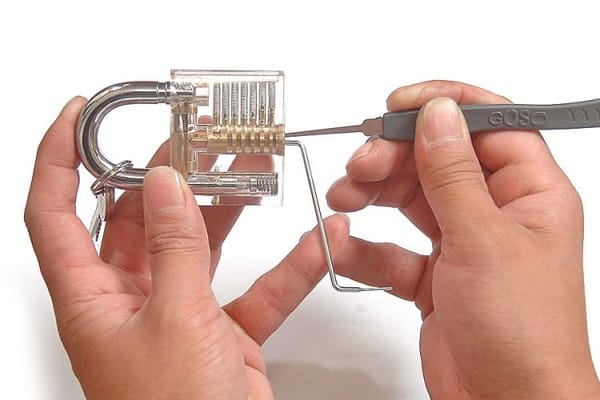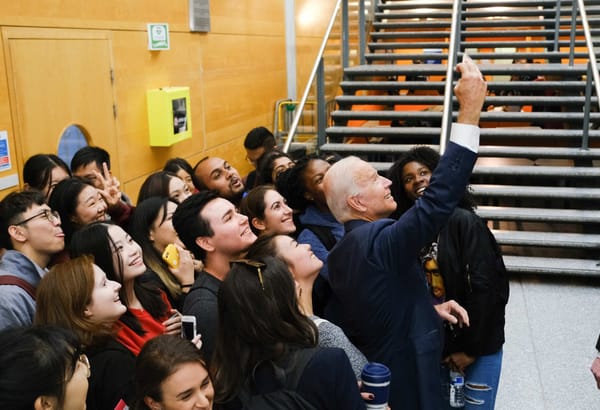College declares support for increased pension contributions to settle long-running dispute
Imperial's response to a pensions consultation says the College is prepared to pay more into staff pensions

Imperial has stated it is willing to increase its pension contributions as a consultation over a long-running dispute closes.
Proposed changes to the University Superannuation Scheme (USS) – the pension plan to which most lecturers in the UK belong – sparked strikes earlier this year. The suggested move would have linked the value of pensions to the performance of the stock market. Analysis suggested that the move could cost members up to 60% of their pension value. Following an agreement between the University and College Union (UCU) and Universities UK (UUK) a panel was set up to review the valuation process that incorrectly judged the USS to have a £7.5 million deficit.
Released last month, the report of the Joint Expert Panel (JEP) set out five adjustments to be considered in future valuations. Chief among these is a “fuller consideration of the employers’ ability and willingness to bear risk”.
Responding to a consultation on the JEP’s findings, a College statement said: “The College is supportive of retaining the current...USS if this is sustainable from a financial and regulatory perspective. We are willing to increase our employer contributions...to support the scheme.”
Last November, the then-provost Professor James Stirling said the planned changes were “necessary” as the USS was “not likely to be sustainable”. UCU representatives told Felix at the time that the College had acknowledged it could afford to continue with the USS but had chosen not to.
According to one UCU member, the reaction to the report has been “broadly positive”.
“We’ve said all along the valuation is flawed and finally someone is agreeing with us,” they said. However, they added: “The only snag is making sure the recommendations of the JEP are implemented, which is not guaranteed at present.”
Last week, the Financial Times reported that 39 finance experts had urged the USS to reject the JEP’s proposals or face “pernicious consequences”. The JEP defended its recommendations, saying they were “practical and reflect the unique, underlying strength and longevity of the USS”.
Any suggestions that Imperial cannot afford to support its staff border on risible given the College’s spending habits.
Continuing with the current USS plan would cost Imperial no more than 10% of its operating surplus, which 2016-17 figures put at almost £120 million. In the year prior, the College paid £80 million into pensions funds. Its profit over the same period was £78 million.
Since then, staff expenditure (i.e. the amount spent on salaries and pensions) has fallen from 55% to 53% of total expenditure. Failure to keep up with the rate of inflation has seen the average salary at Imperial fall 1.1% each year since 2005 and London living costs have risen twice as quickly as pay. Senior staff however are the most highly paid of any Russell Group university, averaging salaries of £280,000 each.
Imperial is rapidly expanding its property portfolio (already one of the largest in London) and the College’s fixed assets total more than £1.5 billion. Other investments include £3.5 million in the tobacco industry, £9 million in fossil fuels, £3.1 million in the arms industry, and £16 million in pharmaceuticals.
The College also benefits from controversial donors such as the Sackler Trust – linked to the US opioid crisis – and the Atomic Weapons Establishment.
Imperial has withheld at least £280,000 from striking staff. Deductions across all Russell Group universities totaled over 10 million. More than 5,000 students, represented by legal firm Asserson, joined a class action lawsuit calling for partial tuition fee refunds as compensation for missed teaching time. Over 3,000 Imperial students signed a petition to the same effect. The UCU estimates that students missed almost 600,000 hours of teaching. While many universities ringfenced the withheld money for student support services or hardship funds, Imperial is diverting the money to the departments of those involved in the strikes. There have been no guarantees that this will be used to benefit students.









